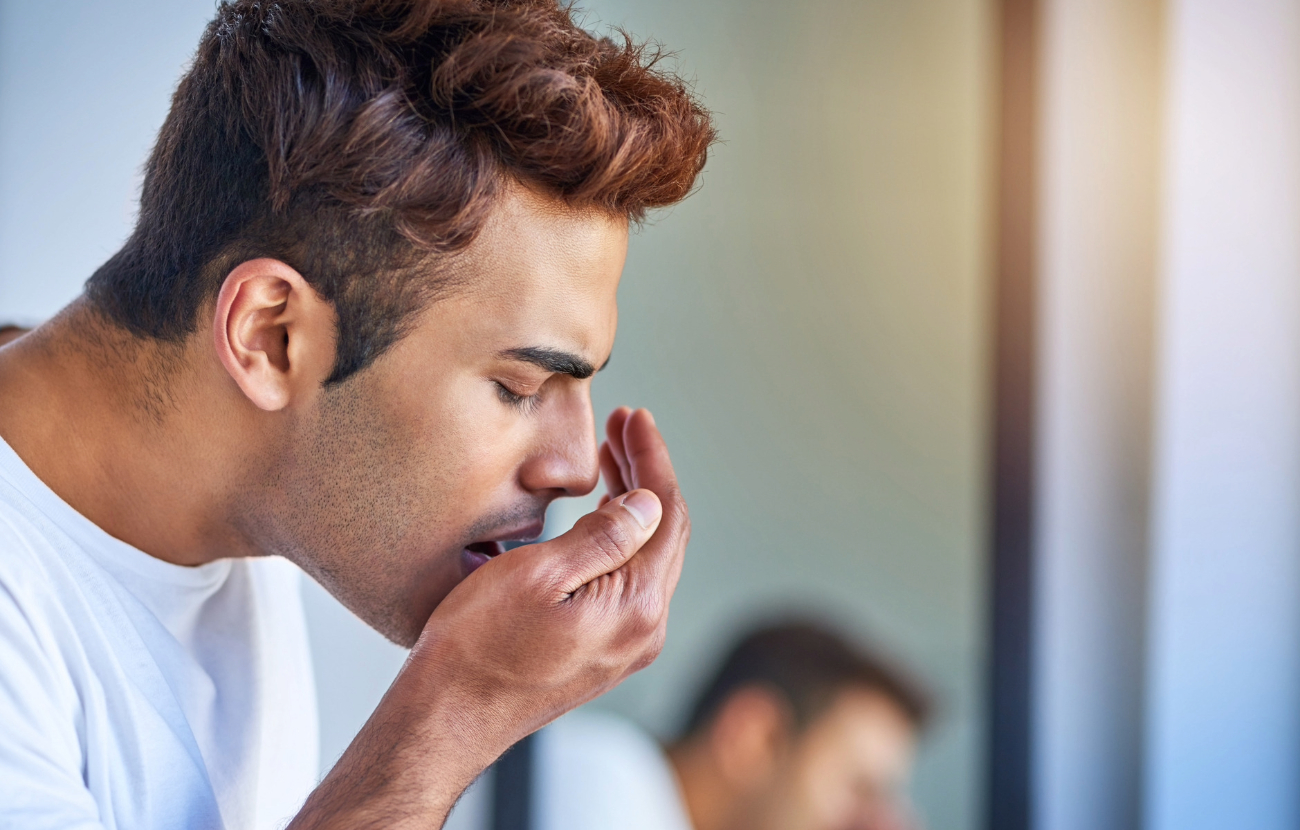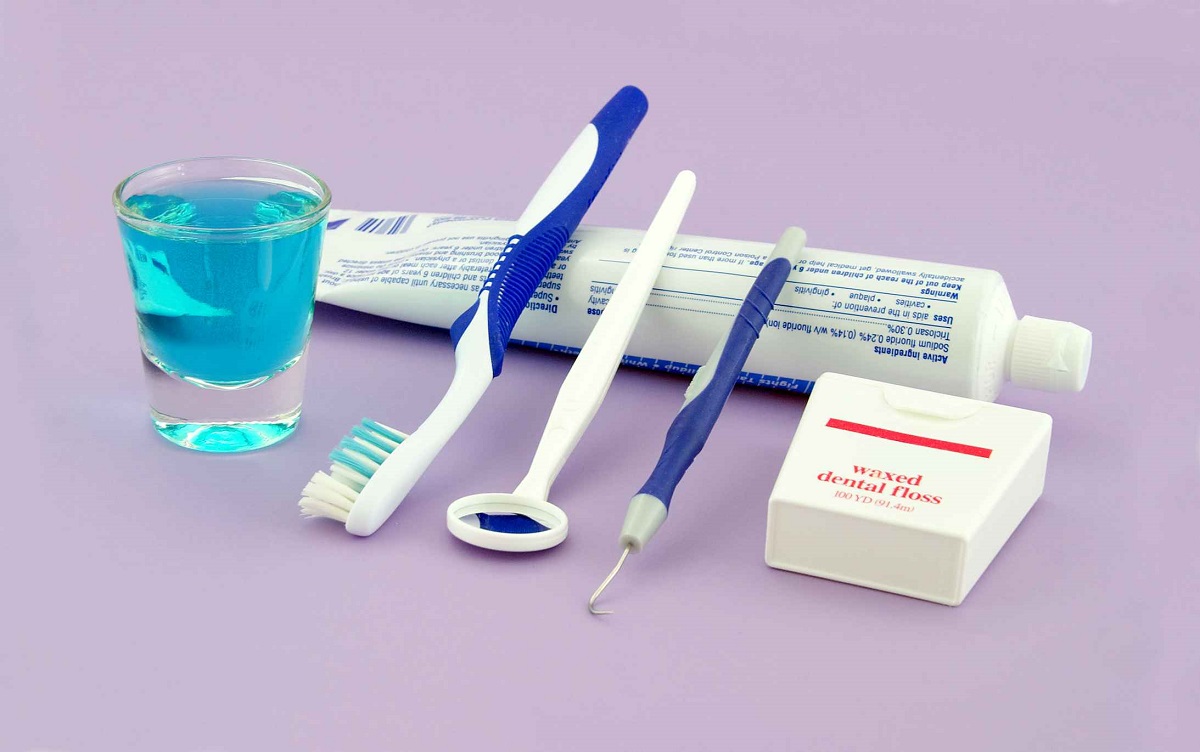


Worried about bad breath that won’t go away? You're not alone. Millions of people experience persistent bad breath, also known as halitosis — and in most cases, it’s more than just a social concern. Bad breath is often a sign of an underlying dental or oral health issue that needs professional care.
This guide will help you understand:
Halitosis refers to a persistent, unpleasant odor coming from the mouth. While everyone has experienced temporary bad breath (from foods like garlic or coffee), chronic bad breath may indicate more serious problems related to your teeth, gums, or oral hygiene habits.
According to dental experts, up to 85% of chronic halitosis cases are caused by issues originating in the mouth.
Failing to brush and floss regularly leads to plaque buildup on your teeth and gums. This sticky film harbors bacteria that release foul-smelling gases as they digest food particles.
When plaque turns into tartar under the gum line, it causes inflammation and infection in the gums. Gum disease creates pockets around the teeth where bacteria thrive — often resulting in strong, persistent bad breath.
The surface of your tongue can trap food particles, dead cells, and bacteria. If not cleaned properly, this buildup becomes a significant source of odor.
Untreated cavities, cracked teeth, and dental abscesses create ideal environments for bacteria to grow. These bacteria often produce an unpleasant odor that brushing alone can't eliminate.
Saliva helps cleanse the mouth and remove food particles. A lack of saliva — caused by dehydration, medications, or certain health conditions — can worsen bad breath by allowing bacteria to multiply.
Foods such as onions, garlic, fish, and coffee contain compounds that produce strong odors. Additionally, low-carb or high-protein diets can result in a chemical odor known as "ketone breath."
Tobacco dries the mouth, irritates gums, and causes long-lasting odor. It also increases the risk of gum disease — a major contributor to halitosis.
Sometimes, bad breath can stem from non-dental issues such as:
Most chronic bad breath is the result of bacterial imbalances in the mouth. These bacteria produce volatile sulfur compounds (VSCs) — such as hydrogen sulfide — which smell like rotten eggs.
If you have gum disease, tooth decay, or plaque buildup, you’re more likely to experience these unpleasant odors. In some cases, even dental appliances like poorly cleaned dentures or retainers can contribute to the problem.
Myth: Mouthwash fixes the problem.
Fact: Mouthwash only masks the odor temporarily. If the root cause is bacterial, you need professional treatment.
Myth: Brushing alone is enough.
Fact: Without flossing and cleaning your tongue, bacteria can still thrive — especially between teeth and at the back of the tongue.
Myth: It's just about what you eat.
Fact: While some foods can cause temporary odor, persistent halitosis usually points to dental health issues.
Here are proven ways to keep your breath fresh and your mouth healthy:

Drink plenty of water throughout the day to promote saliva production and rinse away debris.
Quitting tobacco improves oral health, reduces dryness, and eliminates one of the most common causes of bad breath.
Limit sugary snacks and drinks, which feed bacteria. Fresh fruits and vegetables can help naturally clean your teeth and stimulate saliva.
Consider using an alcohol-free mouthwash with ingredients like chlorhexidine or essential oils to reduce bacteria — but always follow your dentist’s advice.
Schedule checkups and professional cleanings at least every six months. A dentist can detect and treat early signs of gum disease, cavities, or oral infections that may be causing bad breath.
You should consult a dental professional if:
In some cases, your dentist may refer you to a physician if the cause is believed to be medical rather than dental.

Q: Can a cavity cause bad breath?
Yes. Cavities provide a breeding ground for bacteria that release foul-smelling compounds.
Q: How can I get rid of bad breath permanently?
Treat the underlying cause — usually a dental issue — and maintain a consistent oral hygiene routine. Regular dental checkups are key.
Q: Why do I have bad breath even after brushing?
Possible causes include gum disease, tongue coating, dry mouth, or undetected tooth decay. Brushing alone may not be enough.
Q: Does flossing help reduce bad breath?
Absolutely. Flossing removes trapped food particles and plaque that brushing can't reach, which are often the source of odor.
Bad breath is more than just an inconvenience — it’s often a warning sign that something in your mouth needs attention. The majority of halitosis cases are preventable and treatable through better oral hygiene and professional dental care.
If you’re struggling with chronic bad breath, don’t ignore it. Make an appointment with your dentist to uncover the cause and get the right treatment.
Fresh breath starts with a healthy mouth.